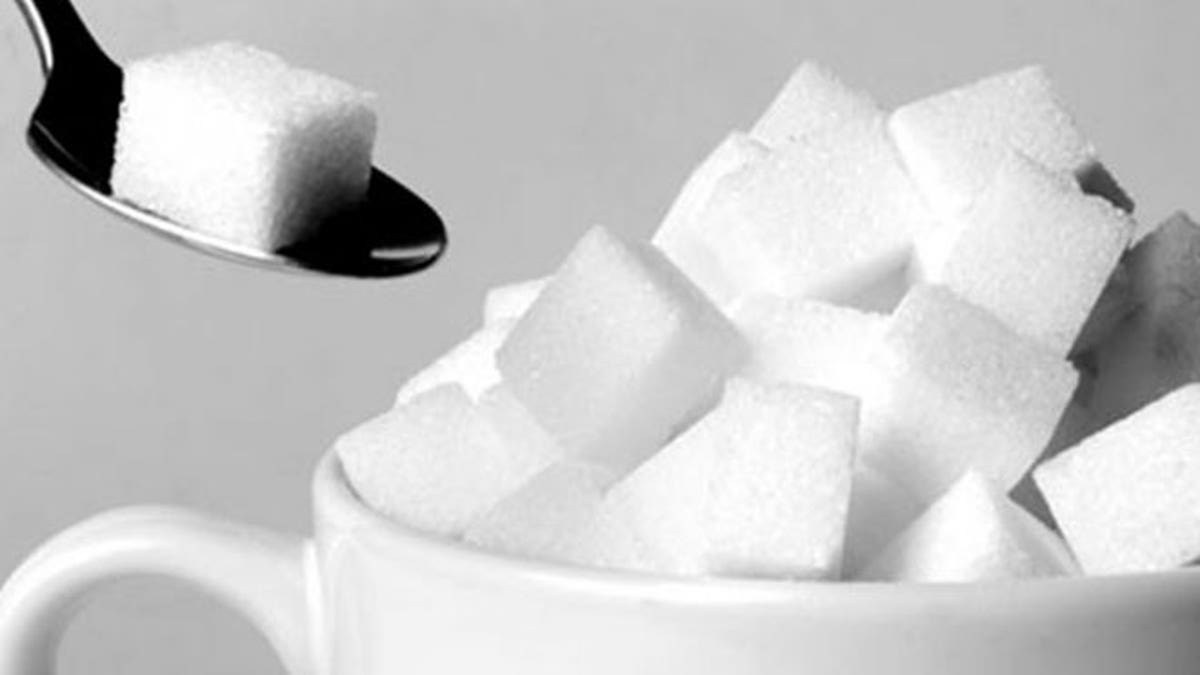
A debate over claims that sugar may be worse for blood pressure and heart health than salt has erupted after a new study suggested the benefits of lowering salt levels are “debatable.”
The study, published Wednesday in the journal Open Heart, focused on evidence from selected experiments, animal studies and human research, BBC News reported.
Researchers from St. Luke’s Mid America Heart Institute and Montefiore Medical center concluded that sugar may play a stronger role in high blood pressure and other heart health issues than salt.
The team focused specifically on added fructose, which is often found in processed foods and sugary beverages but say naturally occurring sugars found in whole foods are not cause for concern, according to BBC News.
However, not all researchers agree with the study’s conclusion.
“The emphasis on reducing sugar and salt is disingenuous,” Francesco Cappuccio, cardiovascular medicine and epidemiology professor at the University of Warwick, told BBC News.
“Both should be targeted at population level for an effective approach to cardiovascular prevention. The shift in attention from salt to sugar is scientifically unnecessary and unsupported,” Cappuccio said.
The researchers also said that lowering salt consumption under certain levels may do more harm than good, which further suggests that attempts to reduce salt in processed food may drive people to eat more.
“Cutting salt intake and losing weight will lower blood pressure, but the evidence for a direct effect of added sugar is tenuous,” Tom Saunders, professor of nutrition and dietetics at King’s College London, told BBC News.
The American Heart Association (AHA) recommends limiting the consumption of daily added sugars to half of a person’s daily discretionary allowance. For women, that is 100 calories, or about 6 teaspoons, of sugar per day. For men, it’s 150 calories, or about 9 teaspoons, of sugar a day.
According to the AHA, added sugars can be found in soft drinks, candy, desserts, fruit drinks, and processed dairy and grain products.
